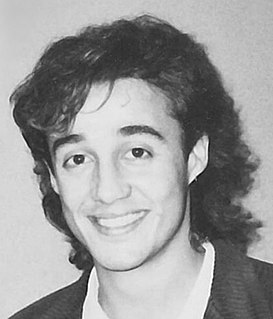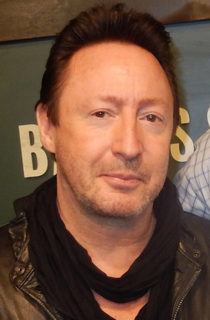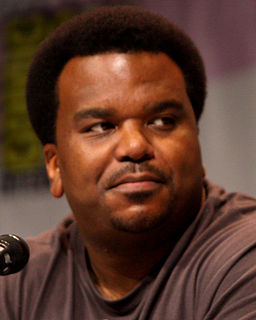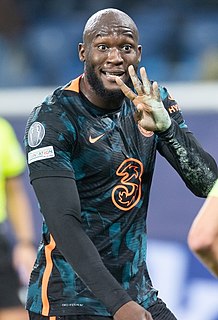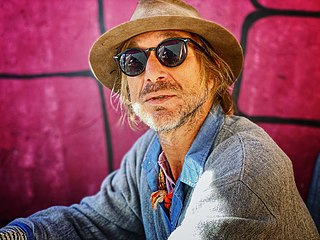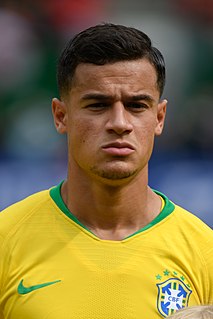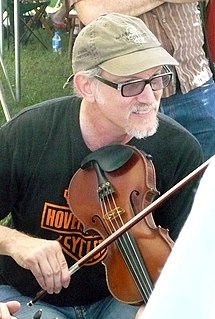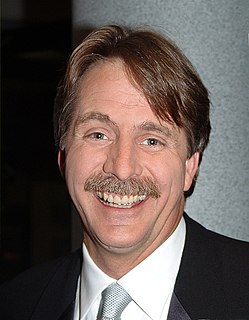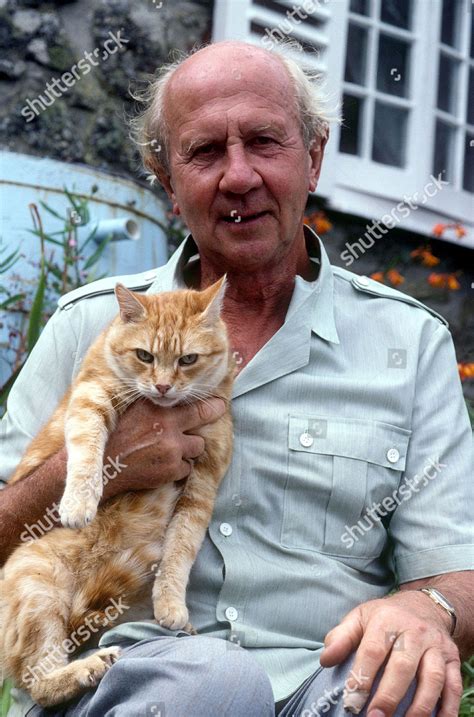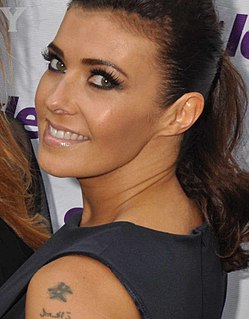A Quote by Andrew Ridgeley
My parents actively tried to discourage me from going into music - especially Dad, because of the troubled times he had in his youth.
Related Quotes
I know that Dad was an idol to millions who grew up loving his music and his ideals. But to me he wasn't a musician or a peace icon, he was the father I loved and who let me down in so many ways. After the age of five, when my parents separated, I saw him only a handful of times, and when I did he was often remote and intimidating. I grew up longing for more contact with him but felt rejected and unimportant in his life.
... ... While Dad was fast becoming one of the wealthiest men in his field, Mum and I had very little and she was going out to work to support us.
I thought I had everything going for me. I wasn't listening to nobody. And my dad was like, 'Uh-uh, you can't make money from music. You have to be a doctor, a lawyer, engineer. Something that's going to do something for this world. Music doesn't do anything.' And I had to fight that, his passion, and fight the society that I was from.
Well, my dad was into music, but he wasn't into me being into music. In my house when I was a kid, when I was real young, my dad wanted us all to play sports, and we were jock-like. We had a lot of money. And my brother was sort of the light of our family, and he was a good athlete. And I wasn't a very good athlete, but I tried to be. And then when I was 15 my dad went bankrupt, and we moved to Houston. And I went with him, but then I went back to Portland.
'Dad, Dad, I'm getting married.' 'Sh-sh, don't say it. Nothing, nothing. Don't do anything.' So he honestly - 'cause he was taught don't celebrate - they'll take it away from you. And his parents were taught that, and his parents and parents' parents. Because if you did celebrate, and you were visible, it could be very, very dangerous.
His markings, month by month, became more beautiful, lines of autumn bracken colours with shapes which reminded me of currents on a quiet sea. True that at times his head, because of his youth, looked scraggy, even his body sometimes looked scraggy, but suddenly for some reason like the change of light, or of mood, he looked his potential. This was going to be a champion cat.
...I had to point at Hanna. But the finger I pointed at her turned back to me. I had loved her. I tried to tell myself that I had known nothing of what she had done when I chose her. I tried to talk myself into the state of innocence in which children love their parents. But love of our parents is the only love for which we are not responsible. ...And perhaps we are responsible even for the love we feel for our parents.
My parents didn't want us on the streets or in trouble, so they thought the best thing was to have us work. I saw how we had to, during bad times, stretch the dollar. And during good times, we couldn't spend it, because you never knew when the bad times were going to happen again. It gave me a great respect for how hard it is to make money.
